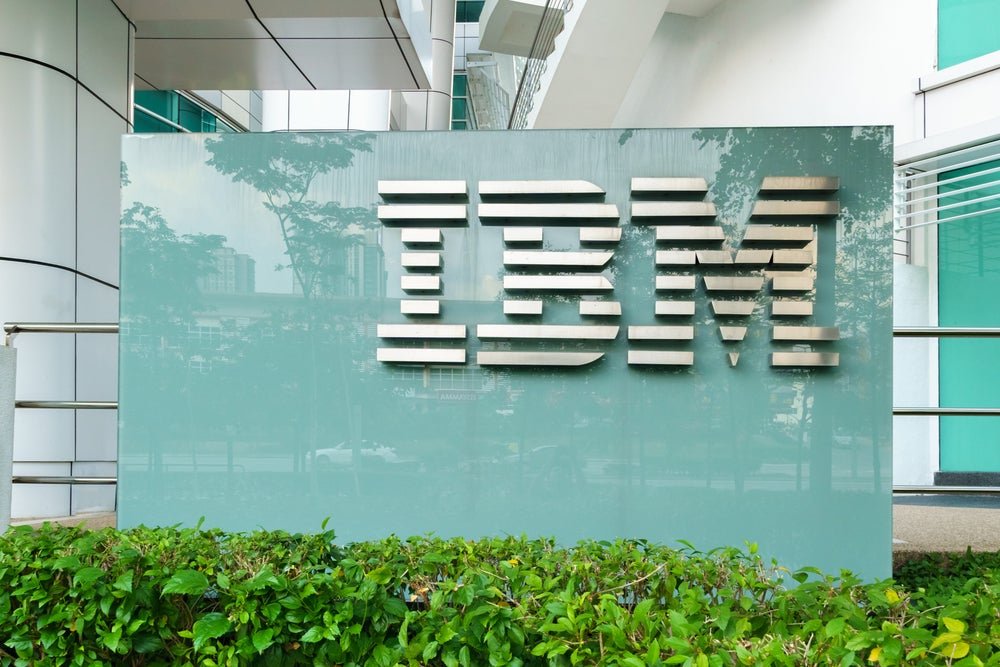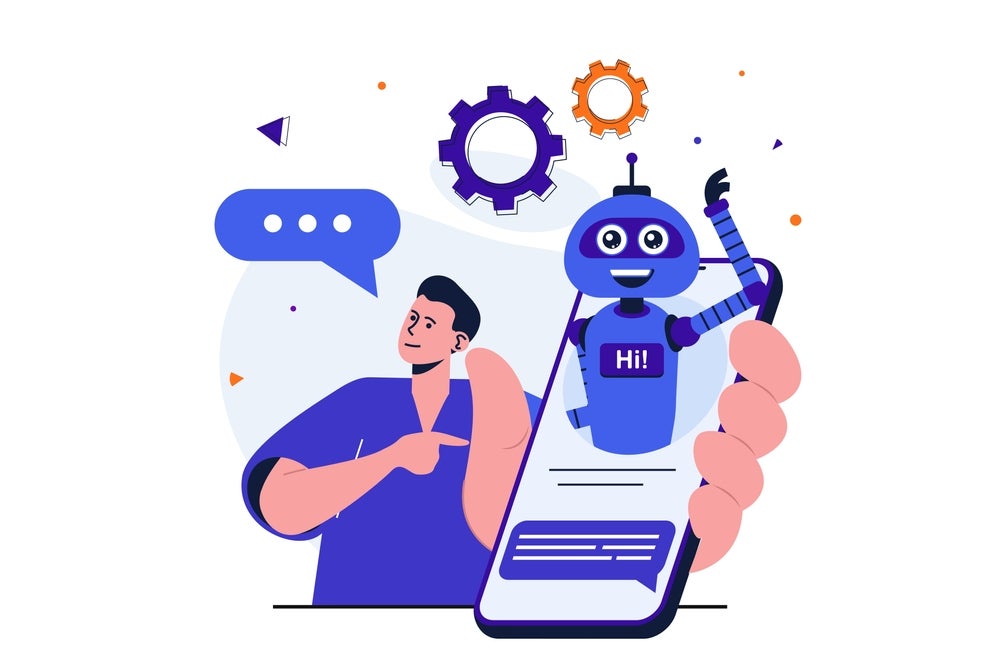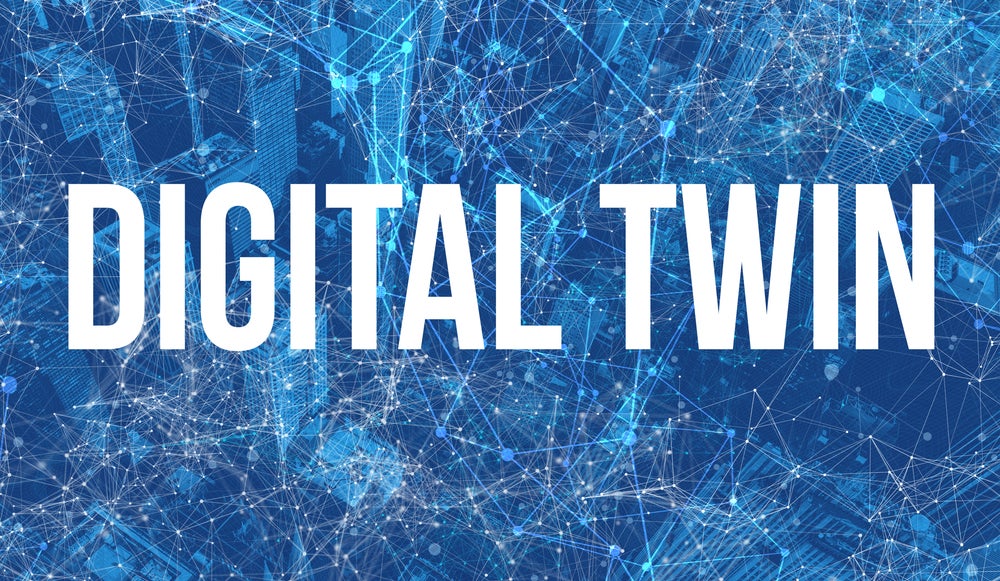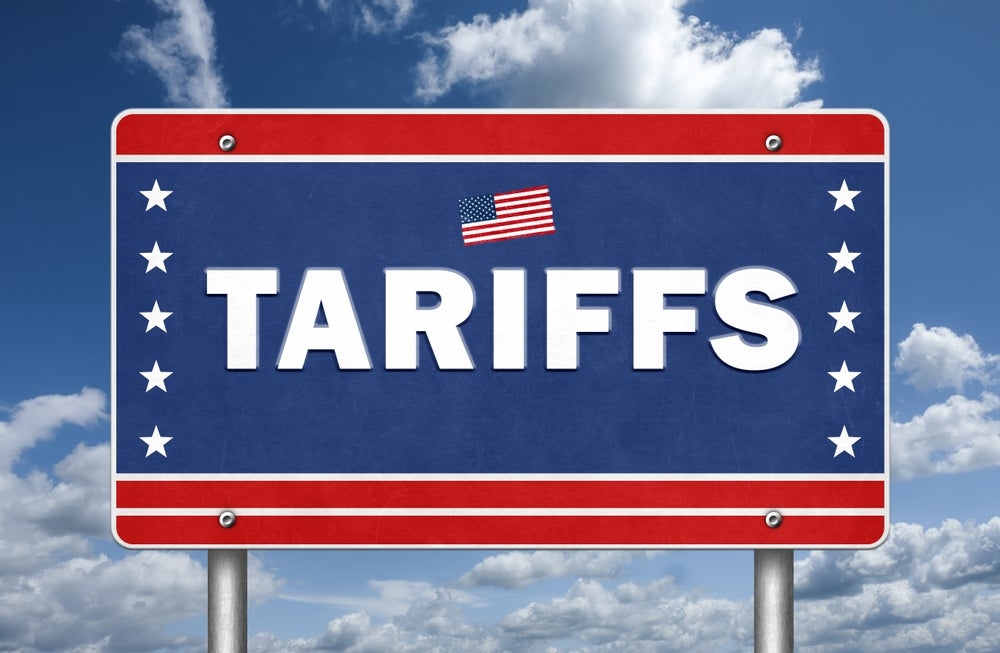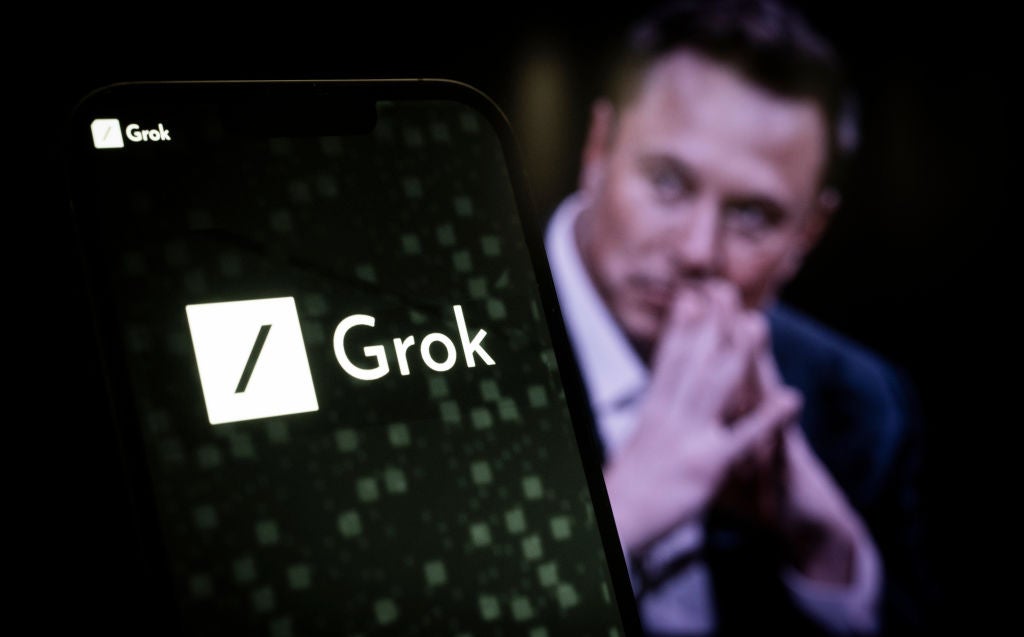
Elon Musk announced on Monday (11 March) that his AI startup xAI would make its ChatGPT rival Grok open-source in the coming days. The move follows Musk’s lawsuit against OpenAI for its alleged abandonment of its non-profit mission.
Musk’s lawsuit against OpenAI, filed at the end of February, alleges that Altman and co-founder Greg Brockman approached him to create an open-source, non-profit company.
The Tesla CEO claims that the US company is now working on “proprietary technology to maximise profits for literally the largest company in the world”.
Musk, who co-founded OpenAI in 2015, said that he had given $44m to the company on the basis that it would remain a non-profit.
In a seemingly direct response to his claims against OpenAI and the ongoing lawsuit, Musk has vowed to make his Grok chatbot open source.
This means that the code behind the technology could be made accessible to the public for free. In recent years, other AI companies, such as Meta and IBM, have pledged their commitment to open-source AI models.
Google recently announced its smaller open-source AI model, Gemma, which developers could customise to meet specific use cases. The move marks a tentative step towards open-source from the search engine giant, which had previously kept its proprietary AI technology private.
The debate around open-source AI models remains divided. Some experts fear that making the technology’s code accessible to the public will make it easier for terrorists or bad actors to utilise AI for bad.
Mark Barry, EMEA managing director at HubSpot, previously told Verdict that the closed or open-source AI development discourse extends beyond “the confines of the tech industry.”
“It is recognised that the decisions made will profoundly shape the future of human-interaction with artificial intelligence,” Barry said.
“Finding a balance between profit motives, fostering healthy competition, and considering the greater good of humanity pushes us to explore areas that would before have seemed impossible but are now imperative now,” he added.



